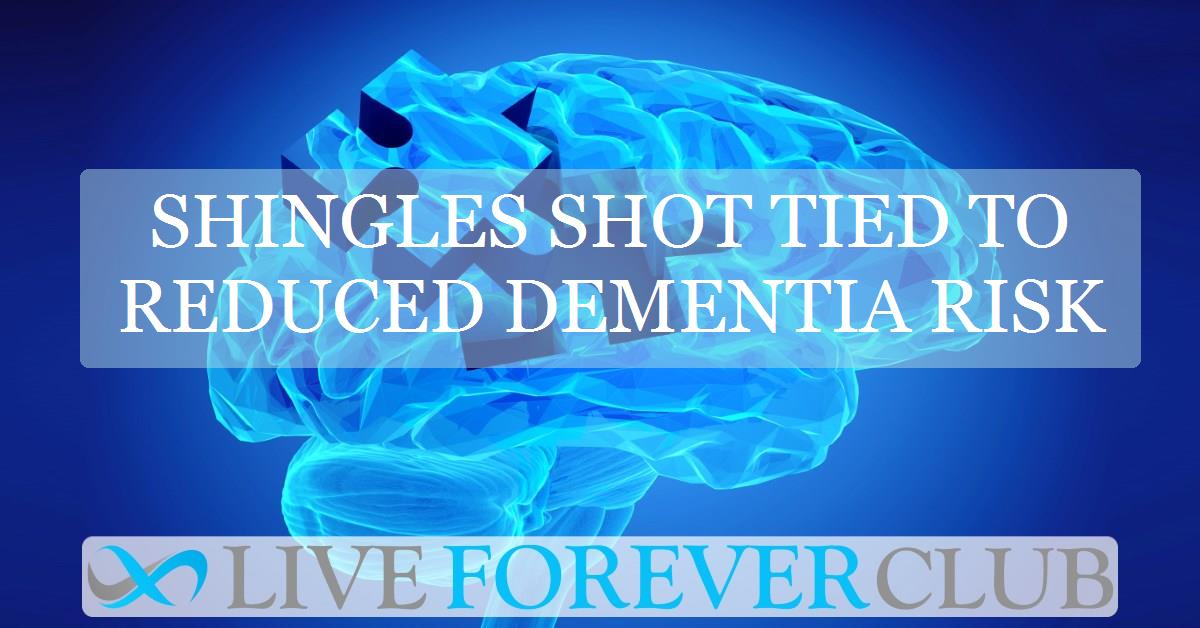Key points from article :
A large new study has found the clearest evidence yet that shingles vaccination may help protect against dementia. Writing in Nature, lead author Pascal Geldsetzer of Stanford University and colleagues analysed health records from more than 280,000 older adults in Wales. They discovered that people who received Zostavax—a shingles vaccine introduced in 2013—were about 20% less likely to develop dementia over the following seven years compared to those who did not receive it. The effect was especially strong in women.
The researchers were able to take advantage of a unique public health policy in Wales, which offered Zostavax only to people born after a specific cut-off date. This created a natural experiment, allowing the team to compare dementia rates in people born just weeks apart but with very different access to vaccination. Their findings suggest that the protective effect is unlikely to be explained by other health or lifestyle factors.
Why a shingles vaccine might reduce dementia risk remains unclear, but scientists suspect it could prevent harmful inflammation in the nervous system by blocking reactivation of the chickenpox virus. Another possibility is that the vaccine prompts broader changes in the immune system that benefit brain health—a process thought to be more pronounced in women. Notably, newer vaccines such as Shingrix may offer even stronger protection, and researchers are calling for large clinical trials to confirm the link.
With dementia affecting more than 55 million people worldwide, the potential public health impact is enormous. Experts like Anupam Jena of Harvard Medical School and Julia Dudley of Alzheimer’s Research UK stress that while more research is needed, shingles vaccination could represent a simple, cost-effective tool for reducing dementia risk. If confirmed, this protective effect would add a powerful new argument for widespread vaccination, extending its benefits far beyond preventing shingles itself.







